IAWC calls for public to take action
MOORESVILLE – At the second public meeting Wednesday held by the Indiana American Water Company, IAWC president Alan DeBoy, Mooresville plant superintendent Troy Bryant, Cristy Wheeler from the Greenwood corporate office and IAWC spokesman Joe Loughmiller spoke to a packed room of residents at the Mooresville Public Library.
As the Mooresville Town Council pursues its desire to buy its water system from IAWC, this second meeting was more of a plea from company officials for residents to get in the act.
They encouraged water customers to use yard signs, comment cards, letters to the editor, calls to town councilmen and Saturday’s Third House Session with local legislators to make their voices heard.
Wheeler said the town’s water case is in the Morgan County courts, but won‘t be heard by a Morgan County judge. She added that one of them had recused himself from hearing the case. Wheeler said it will probably be heard by a Hendricks County judge.
The suit IAWC filed against the town and its officials for Open Door Law and transparency issues in October 2012 was remanded to federal court and is now in the discovery stage, Wheeler said. She added that there may be a decision to combine the two cases.
DeBoy said the town’s claim that IAWC has another rate increase planned is untrue, and that there is not a rate increase before the Indiana Utility Regulatory Commission at this time.
He said the reason for not selling to the town is that they want to stay in the business of making water free of contaminants available to ratepayers.
“This is the business we are in,” DeBoy said. “We’ve acquired five more smaller water utilities.”
Wheeler said the town is pursuing a quick-take path, which allows for a judge and jury, made up of people from the utility’s coverage area, who will decide the purchase price based on evidence presented. It could happen quickly in a few months or closer to a year. If the judge finds in favor of the town, Mooresville will own the water company completely. The council will have to staff the office and water system with licensed people, keep up with state and federal requirements, get customer support systems up and running and possibly even build an iron removal plant in the future.
But no one knows what that final cost will be — especially the ratepayers and taxpayers. DeBoy likened it to buying a house or car without knowing the price.
“The town hasn’t run its own water system since 1951,” Bryant said. “A lot has changed since then. This is a 24-7, 365 days a year job. I am supported by about 25 people that I deal with every day. “
Bryant said the company did a survey of its Mooresville customers and 80 percent of them said they wanted IAWC to run the water system. There were 88 percent who thought the town had higher priorities to address, 71 percent expected there would be water quality issues and 77 percent thought rates would climb after a takeover.
The town, which does run its waste water treatment plant, has had four notices of violation in the past 10 years, Bryant said. He compared water rate increases from 2004 to 2012 to sewer rate increases.
“I looked at my own bill from November of 2004, using 8,000 gallons of water, and then checked the bill for January 2012, using the same amount of water. The cost had only gone up $5.62,” Bryant said. “The sewer bill, in that same time period, had gone up by $22.39 — that’s 125 percent.”
Although Bryant said in his 20 years with IAWC there had been no violation notices.
DeBoy and Bryant provided cases where different municipalities had attempted a takeover. Some underestimated the value of the business as much as three or four times — at most, seven.
DeBoy said in one case of eminent domain in Chattanooga, Tenn., the town wasted more than $750,000 in taxpayer money in one year. The council voted to end the process less than a year later. In a Charlotte County, Florida case, county officials offered $65 million in a quick-take process and ended up paying $110 million. Water rates increased 74 percent within three years.
DeBoy said Senate Bill 548 is now being considered, which would require municipalities to have a reason — service or quality problems — confirmed by the IURC before attempting a takeover. Government officials would also have to call for a public referendum. The bill also calls for municipalities to be able to implement a utility system improvement charge every three months instead of once a year to help fund the operation.
“Once Mooresville’s system is sold, there’s no going back; customers and the town have to pay for it,” Wheeler said.
Customers with questions for IAWC can contact Bryant at 317-407-8642 or email him at james.Bryant@amwater.com. They can call Loughmiller at 317-903-7431 or email him at joe.loughmiller@amwater.com. There is a website at www.mooresvillewaterfacts.com and a Facebook page with updates on the case at www.facebook.com/mooresvillewaterfacts
By Amy Hillenburg | Reporter | Published February, 23rd 2013 in The Reporter Times


Comments
No Comments